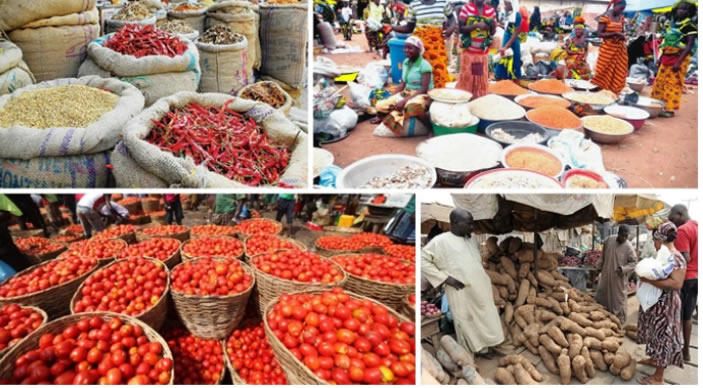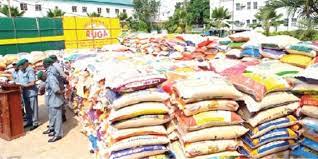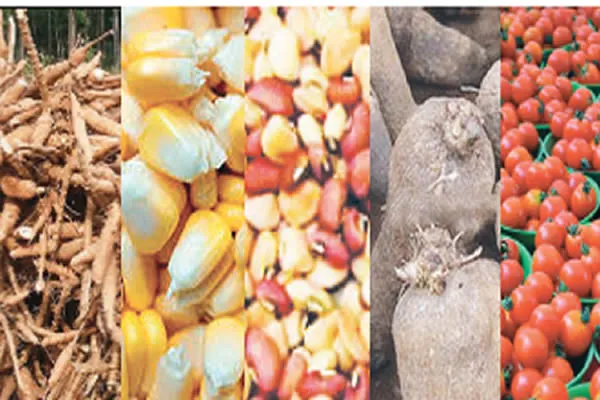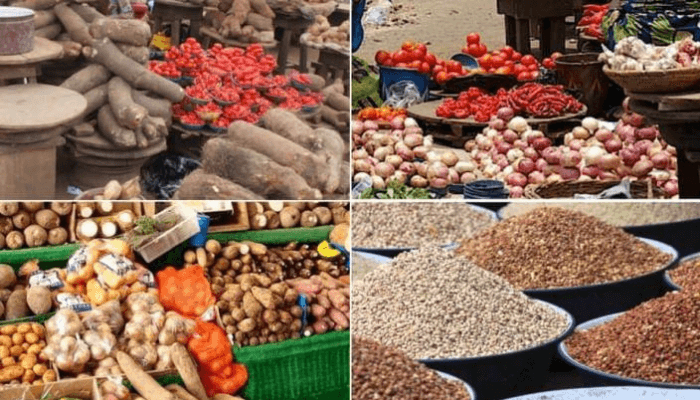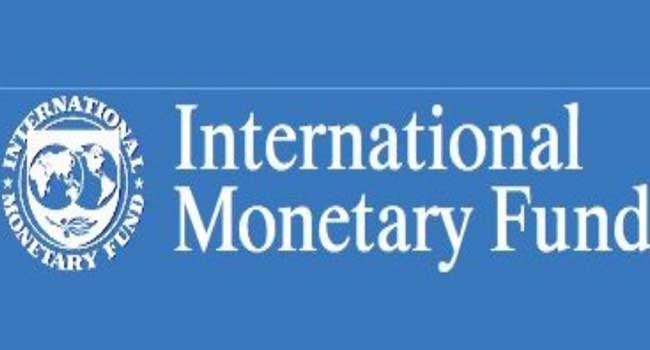Private Sector Backs Tinubu to Fight Food Hoarding and Stabilize Prices
Abdul-Samad Rabiu, Chairman of BUA Group, has revealed strong private sector support for President Bola Tinubu’s efforts to combat rice hoarding and stabilize staple food prices across Nigeria. Speaking to reporters after a meeting at Aso Rock Villa, Abuja, Rabiu said leading agribusinesses are working closely with the government to stop cartels from inflating prices and to ensure affordable food supplies through the end of the year.
Rabiu explained that BUA’s large-scale grain imports—enabled by a six-month duty waiver on brown rice, maize, wheat, and sorghum granted last year—are sufficient to meet Nigerian demand until December. This supply reduces opportunities for speculators who had previously bought and hoarded paddy rice to push prices up.
“Since the moment we imported, we were selling, and those hoarders had a lot of paddy they could not sell. As a result, the price has come down, and it remains low,” Rabiu said. “Many hoarders are now losing money.”
He acknowledged the need to protect local farmers but stressed that Nigeria’s 250 million people have suffered from inflated prices due to the actions of a few. As part of the Rice Millers Association, BUA and other members have pledged to discourage rice hoarding moving forward.
Nigeria consumes about seven million tonnes of rice annually, with local production still leaving a 1.8 million-tonne shortfall that millers fill through imports. Analysts say that middlemen who hoard rice between harvest and lean seasons have driven post-harvest price increases of 40–60%, contributing to record-high food prices in 2024.
Rabiu added that by holding buffer stocks, the private sector aims to cap retail prices until new dry-season harvests arrive in September. He is hopeful rice prices will not rise beyond current levels once the new crops hit the market.
During the meeting, President Tinubu asked for updates on how BUA Foods is helping to lower food prices. Rabiu credited the President’s “foresight” for enabling the duty waiver, which helped bring rice prices down from about ₦110,000 per 50-kg bag to ₦60,000, flour from ₦80,000 to ₦55,000, and maize from ₦60,000 to ₦30,000.
On the construction front, Rabiu addressed concerns about rising cement costs. He revealed a pact with rival Dangote Cement to freeze cement prices for all contractors working on the government’s Renewed Hope infrastructure projects, including the move to concrete highways.
“Cement prices are not really high when you consider the naira-dollar exchange; ₦9,000 a bag is about $110–$120 per tonne, which aligns with prices in the rest of Africa,” Rabiu said.
He praised Dangote’s cooperation in agreeing to keep prices steady and said a letter will be sent to the Ministry of Works to formalize the price freeze. This move aims to protect public infrastructure projects from foreign exchange volatility and support Nigeria’s ambitious road-building and housing programs.
The BUA chairman also announced plans to contribute ₦15–₦20 billion annually—about ₦25 per bag of cement sold—to revive the dormant Cement Technology Institute of Nigeria and fund artisan training.
Rabiu concluded by saying President Tinubu was pleased with the private sector’s efforts and encouraged continued collaboration to drive the Renewed Hope economic agenda forward.


